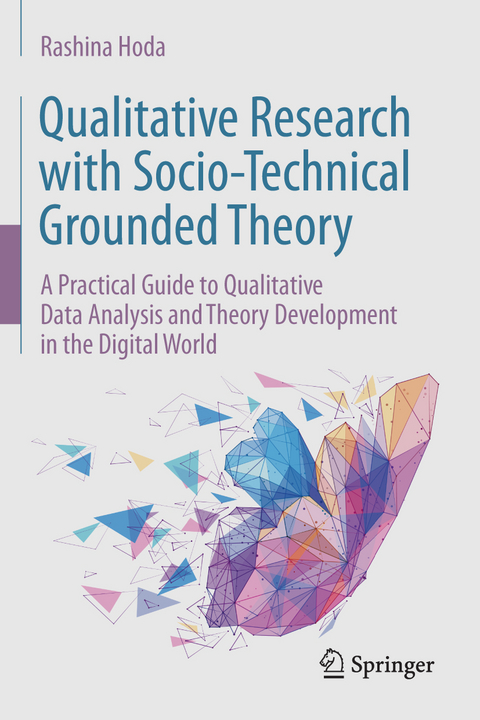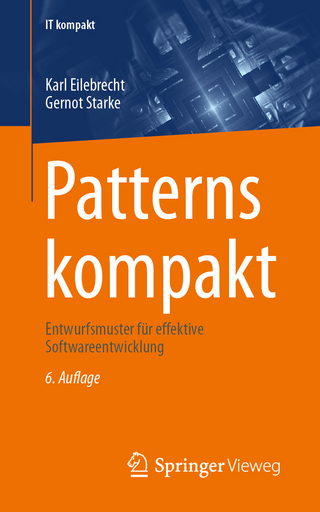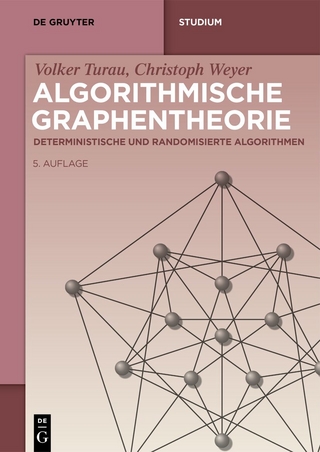
Qualitative Research with Socio-Technical Grounded Theory
Springer International Publishing (Verlag)
978-3-031-60532-1 (ISBN)
This book is a timely and practical guide to conducting qualitative research with a socio-technical approach. It covers the foundations of research including research design, research philosophy, and literature review; describes qualitative data collection, qualitative data preparation and filtering; explains qualitative data analysis using the techniques of socio-technical grounded theory (STGT); and presents the advanced techniques of qualitative theory development using emergent or structured modes. It provides guidance on evaluating qualitative research application and outcomes; and explores the possible role of Artificial Intelligence (AI) in qualitative research in the future.
The book is structured into five parts. Part I - Introduction includes three chapters that serve to provide: an overview of the book in Chapter 1; a brief history of the origins and evolution of the GT methods in Chapter 2; and an introduction to STGT in Chapter 3. Part II - Foundations of Research includes three chapters that cover: the building blocks of empirical research through a simple yet powerful approach to designing research methods (the research design canvas) in Chapter 4; the fundamental concepts of research philosophy in Chapter 5; and the myriad of literature review methods including those suited to STGT in Chapter 6. Part III - Qualitative Data Collection and Analysis includes four chapters that explain: the key concepts related to collecting qualitative data in Chapter 7; techniques used for collecting qualitative data in Chapter 8; how to go about preparing and filtering qualitative data in Chapter 9; and the qualitative data analysis procedures of open coding, constant comparison, and memoing in Chapter 10. Part IV - Theory Development includes two chapters that explain: what is considered theory (or theoretical outcomes) in Chapter 11; and the advanced STGT steps of theory development in Chapter 12. Eventually, Part V - Evaluation and Future Directions includes two chapters that: present the evaluation guidelines for assessing STGT applications and outcomes in Chapter 13; and explore new opportunities in qualitative research using large language models in Chapter 14.
This book enables new and experienced researchers in modern as well as traditional disciplines to conduct rigorous qualitative research on socio-technical topics in the digital world. They will be able to approach qualitative research with confidence and produce valuable research outcomes in the form of rich descriptive findings, taxonomies, theoretical models, theoretical frameworks, preliminary and mature theories, recommendations, and guidelines, all grounded in empirical evidence.
Rashina Hoda is a Professor of Software Engineering in the Faculty of Information Technology at Monash University, Australia, where she researches the human and socio-technical aspects of software engineering (SE) and artificial intelligence. Rashina has been immersed in empirical qualitative research for two decades, practicing, supervising, reviewing, and editing qualitative SE research. She is an active member of the international SE research community, serving as an Associate Editor of IEEE Transactions on Software Engineering and on the organizing and program committees for top-rated international conferences as ICSE, CHASE, FSE, ICIS, and XP. She is a public speaker, presenting her research at Agile conferences, industry and public events, and in the media.
Preface .- Part I Introduction: .- 1 About this Book .- 2 Traditional Grounded Theory Methods .- 3 Socio-technical Grounded Theory .- Part II Foundations of Research: .- 4 Research Design Canvas .- 5 Research Philosophy .- 6 Literature Reviews .- Part II Qualitative Data Collection and Analysis .- 7 Basics of Qualitative Data Collection .- 8 Techniques of Qualitative Data Collection .- 9 Qualitative Data Preparation and Filtering .- 10 Socio-technical Grounded Theory for Qualitative Data Analysis .- Part IV Theory Development .- 11 What is Theory ? .- 12 Theory Development .- Part V Evaluation and Future Directions .- 13 Evaluation Guidelines .- 14 Future Directions in Qualitative Research .
| Erscheinungsdatum | 15.09.2024 |
|---|---|
| Zusatzinfo | XXV, 368 p. 56 illus., 50 illus. in color. |
| Verlagsort | Cham |
| Sprache | englisch |
| Maße | 155 x 235 mm |
| Themenwelt | Mathematik / Informatik ► Informatik ► Software Entwicklung |
| Mathematik / Informatik ► Mathematik ► Finanz- / Wirtschaftsmathematik | |
| Schlagworte | behavioral science • Collaborative and social computing • Design science • empirical software engineering • Grounded Theory |
| ISBN-10 | 3-031-60532-2 / 3031605322 |
| ISBN-13 | 978-3-031-60532-1 / 9783031605321 |
| Zustand | Neuware |
| Informationen gemäß Produktsicherheitsverordnung (GPSR) | |
| Haben Sie eine Frage zum Produkt? |
aus dem Bereich


